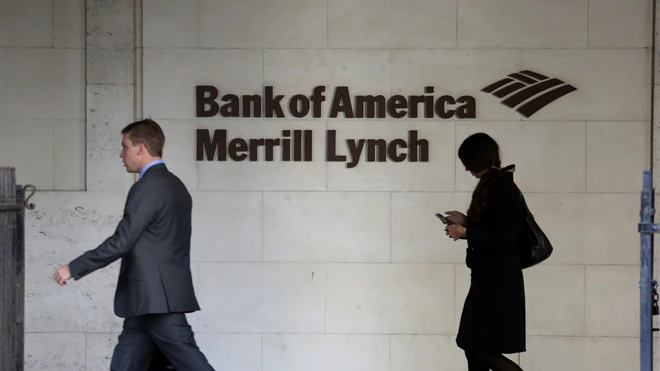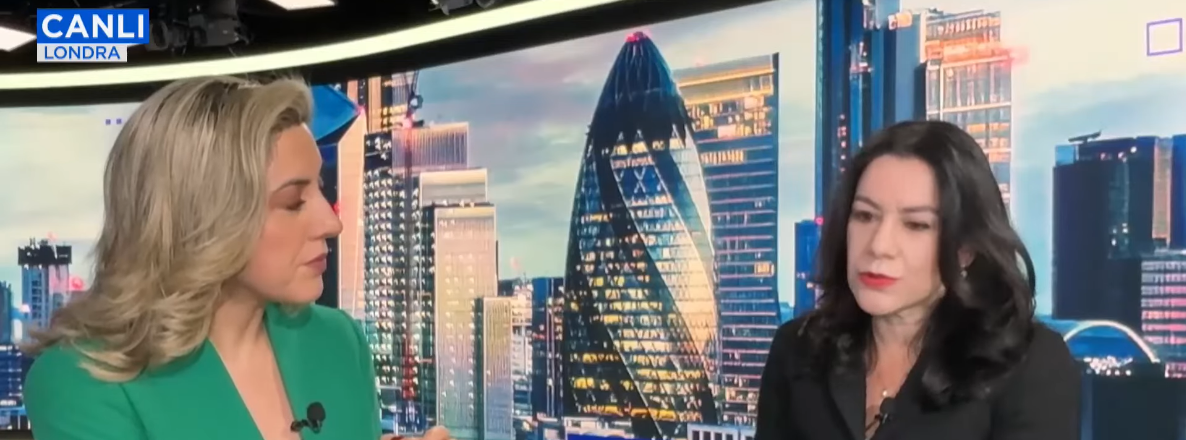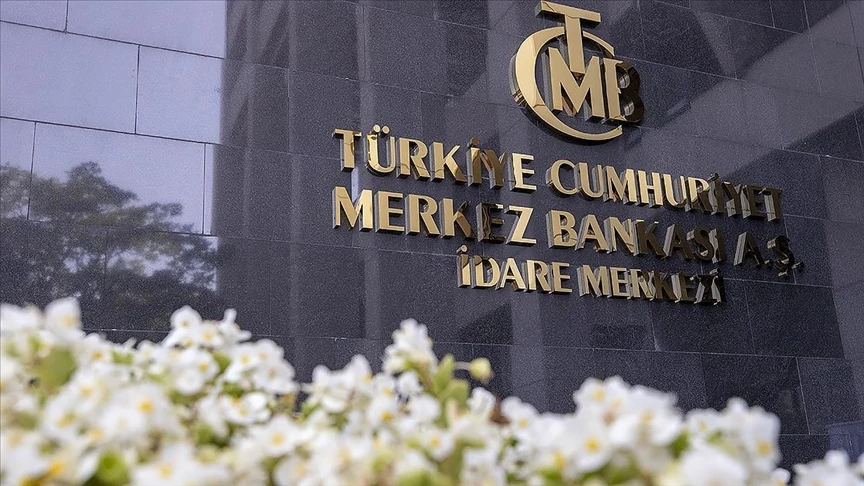BofA Merrill Lynch analyst predicts interest rate cut for Türkiye in December
 Bank of America headquarters in New York. (Courtesy to expansion)
Bank of America headquarters in New York. (Courtesy to expansion)
Zumrut Imamoglu, Türkiye economist at financial services company BofA Merrill Lynch, reaffirmed the institution’s expectation for an interest rate cut in December during an interview with CNBC-e’s Berfu Guven. Despite economic uncertainties, BofA’s outlook remains consistent with its initial prediction.
Imamoglu noted that while headline inflation appeared stable at around 3%, a closer look revealed positive signals in service inflation for the first time in a while.
Although fresh fruit and vegetable prices experienced significant fluctuations, Imamoglu described these changes as temporary. “Processed food items don’t show the same trend, which reduces concern,” she added. Key improvements in the services sector, excluding rent, contributed to an optimistic outlook.

Potential impact on future policy decisions
Imamoglu indicated that should the positive trend in service inflation continue through November, the central bank could consider a 200-250 basis point rate cut in December.
However, she emphasized that rate cuts may proceed on a month-by-month basis, depending on economic data. “They have room to lower rates if necessary, and the policy communication will likely begin after November,” she stated.

2025 economic outlook and expectations
Looking ahead, Imamoglu projected that annual inflation would continue to decline but highlighted the importance of monthly trends. BofA expects January 2025 inflation to be around 4%, with the first quarter marking the peak period for inflationary pressures.
Factors such as minimum wage adjustments could influence central bank actions, potentially slowing down policy changes.
Imamoglu also addressed public perception, stating, “Households observe inflation through markets, which shapes their confidence.” She mentioned that the real sector’s improved expectations were a positive indicator but stressed that inflation remains high.



